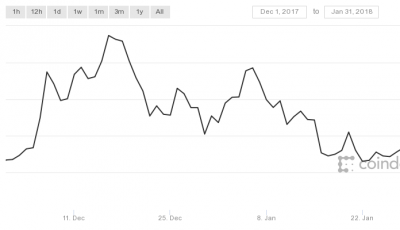Commonwealth Virtual Currencies Working Group calls on governments to review legislative responses to digital currencies

Marlborough House, London, the headquarters of the Commonwealth Secretariat, the Commonwealth’s principal intergovernmental institution.
Following a three-day conference in London last week, the newly-formed Commonwealth Virtual Currencies Working Group issued several recommendations with respect to digital currencies, such as Commonwealth governments reviewing their legislative responses to these currencies to ensure they are addressing associated risks and avoiding stifling innovation.
After hearing from experts from a variety of sectors, the Commonwealth Virtual Currencies Working Group recommended that member nations should regulate digital currencies and bolster law enforcement to counter risks such as criminal misuse, said a Commonwealth Secretariat press release issued on August 26.
The working group also agreed that:
- Virtual currencies have a potential to benefit member nations and to drive development;
- The use of virtual currencies has benefits and risks;
- Awareness, education and funding for training for law enforcement, prosecutors, judges, regulatory authorities and the financial sector are needed;
- The Commonwealth Secretariat should create a digital repository of best practice and model regulations as a part of an online community to assist member countries in developing policy; and
- Relevant technical terms should be clearly defined in the guidance to be made available to member nations.
The group also resolved to produce a report on the prevalence and impact of digital currencies within one month, to meet up again in early 2016 to consider draft technical guidance for Commonwealth countries and to continue to raise awareness and develop capacity building on digital currencies within the Commonwealth.
Founded earlier this year, the Commonwealth Virtual Currencies Working Group is composed of Australia, Barbados, Kenya, Nigeria, Singapore and Tonga, along with the International Monetary Fund and World Bank.
Australia’s Senate Economics Reference Committee recently concluded its inquiry into digital currencies, producing a report that recommends treating such currencies as real money, as well as requiring digital currency exchanges to monitor customers for potential money laundering and terrorism financing schemes.
In June, the Standing Committee on Banking, Trading and Commerce of the Canadian Senate released a report following its own inquiry into digital currencies, stating that the best strategy for dealing with these currencies is to tread carefully with respect to their regulation.
Image credit: Public domain image by CMallwitz












